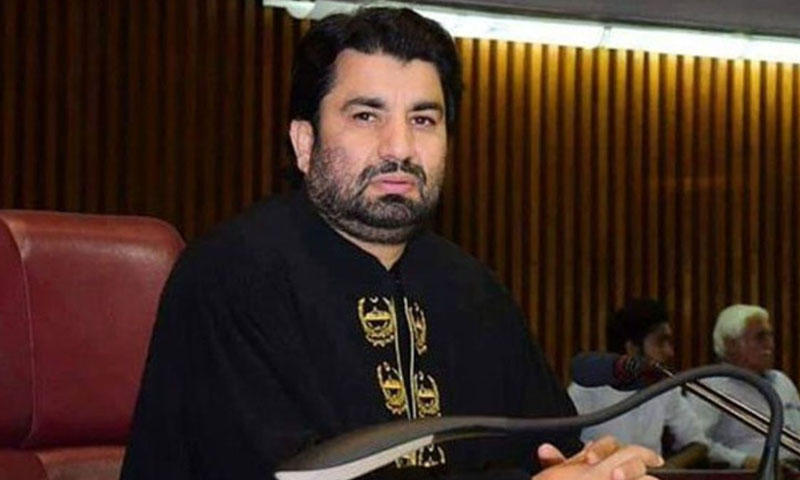- Web
- Yesterday
Pakistan shares upcoming budget’s blueprint with IMF
-

- Web Desk
- May 13, 2024

ISLAMABAD: Pakistani authorities have outlined a robust financial plan for the upcoming fiscal year, and shared detailed budget estimates with the International Monetary Fund (IMF).
The comprehensive document includes projections for expenditures, development initiatives, and revenue generation, setting the stage for economic strategy and governance.
The federal budget, a cornerstone of Pakistan’s fiscal policy, is projected to reach a staggering Rs24.71 trillion. This figure encompasses both ongoing governmental expenses, estimated at Rs2.237 trillion, and an ambitious development budget totaling Rs2.59 trillion. The latter includes a federal development programme of Rs890 billion and a provincial development budget of Rs1.7 trillion, highlighting the government’s commitment to nationwide progress.
In a strategic move to bolster development, authorities plan to leverage public-private partnerships, enhancing the effectiveness and reach of various programmes. Defence, a critical sector, is set to receive an allocation of Rs2.152 trillion, reflecting the nation’s focus on security and stability.
Interest payments, a significant portion of the budget, are estimated at Rs978.7 billion, with domestic loans accounting for Rs851.7 billion and foreign loans contributing Rs115.8 billion. These figures underscore the delicate balance between development and debt management.
Also read: Interbank closing: PKR loses seven paisa against USD
Subsidies form another crucial component of the budget, with Rs1.509 trillion earmarked for various sectors, including a substantial Rs800 billion for the energy sector. This allocation is indicative of the government’s strategy to manage energy costs and support economic growth.
The government anticipates total revenue of Rs15.424 trillion for the fiscal year, with the Federal Board of Revenue (FBR) expected to collect Rs11.113 trillion. Direct taxes are projected to yield Rs5.291 trillion, while federal excise duty and sales tax are estimated at Rs672 billion and Rs3.855 trillion, respectively. Customs duty is expected to bring in Rs1.296 trillion, with non-tax revenue projected at Rs2.11 trillion.
The petroleum levy is forecasted to generate Rs1.08 trillion, and the gas infrastructure development surcharge is set to contribute Rs78 billion, further diversifying the revenue streams.
Sources close to the matter indicate that the federal budget is slated for presentation in the National Assembly on the 7th of June.




